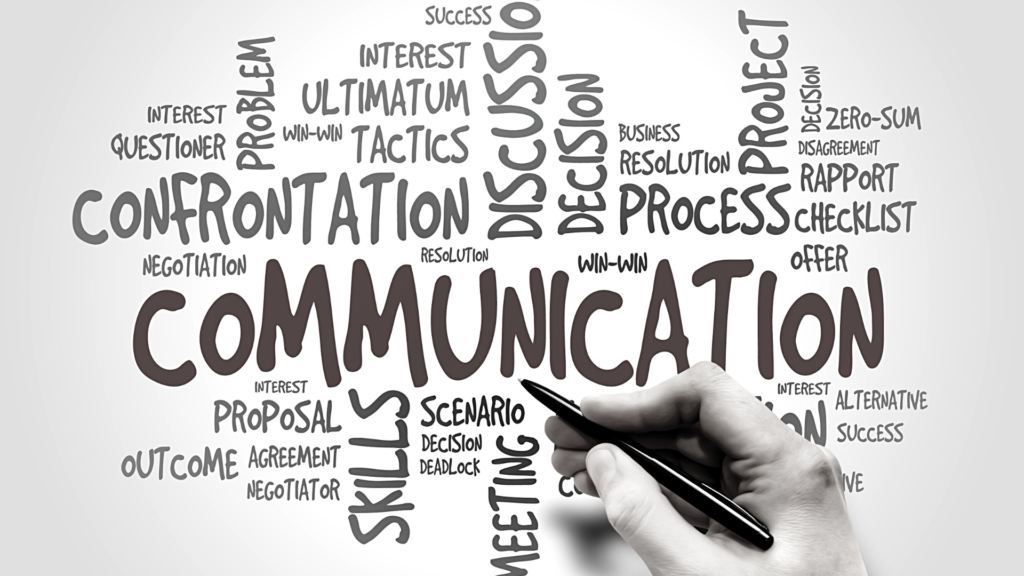Avoiding this Common Client Complaint

One of the most common complaints clients make to the State Bar is failing to communicate. That may seem surprising with the ease of instant communication today but it’s true. It’s also a pretty simple issue to address. Rule 1.4 of the California Rules of Professional Conduct (CRPC) lists out your duties to communicate with clients.
Duty to communicate
- You have a duty to “promptly inform the client of any decision or circumstance with respect to which disclosure or the client’s informed consent is required by these rules or the State Bar Act.”
- You have a duty to “reasonably consult with the client about the means by which to accomplish the client’s objectives in the representation.”
- You have a duty to “keep the client reasonably informed about significant developments relating to the representation, including promptly complying with reasonable requests for information and copies of significant documents when necessary to keep the client so informed.”
- You have a duty to “advise the client about any relevant limitation on the lawyer’s conduct when the lawyer knows that the client expects assistance not permitted by the Rules of Professional Conduct or other law.”
- You have a duty to “explain a matter to the extent reasonably necessary to permit the client to make informed decisions regarding the representation.”
It’s when a lawyer falls short with respect to the third duty that seems to get under client’s skin the most. They get frustrated when their lawyer doesn’t respond promptly to calls or emails. Now, promptly clearly means different things to different people. Some expect an immediate response. Others are good if the lawyer responds in a day or so. Most are not good with a lawyer waiting a week or two to get back to them. Put yourself in their shoes. What would you conclude if you hired someone, emailed him/her a question but then didn’t get a response until two weeks later? You’d probably conclude the person didn’t value your business and wasn’t paying much attention to your problem that you hired them to solve.
Establish Good Communication Habits
To be clear, you do not need to respond to every client immediately but you should establish good communication habits in your practice. It’ll keep clients happy and keep you from having to respond to State Bar complaints about failing to communicate. What do good communication habits look like? They can be pretty simple.
Send your clients written monthly updates on their case. You can even include it as part of your monthly invoice to the client. The plus side of these monthly written updates is that you’ll have a record of them. You’ll easily be able to find what information you’ve told a client already and, if a client files a complaint, you’ll have evidence to show the State Bar that you were in regular communication with the client.
Another thing you can do is to set up a standard time frame in which most calls and emails will be answered. It could be 24 hours or 48 hours or some other time frame. Let your client’s know about it so they have reasonable expectations about when you’ll get back to them. If you’re going to be unavailable for a period of time because you’re in trial or going on vacation, set up an out-of-office reply stating when the client can expect a response. Do the same thing with your voicemail.
document your client communications
Remember to document your communications with clients. Keep a copy of those monthly update letters. Save the emails. If you talk to the client on the phone, keep a written record of the call with the date, time, the topic of discussion and whatever other notes you think are needed to memorialize the call.
Establishing good communications habits is never too late and the habits will serve you well. A well-informed client is usually a happy client and a happy client can be a good client now and in the future. A happy client can also be a good referral source.
